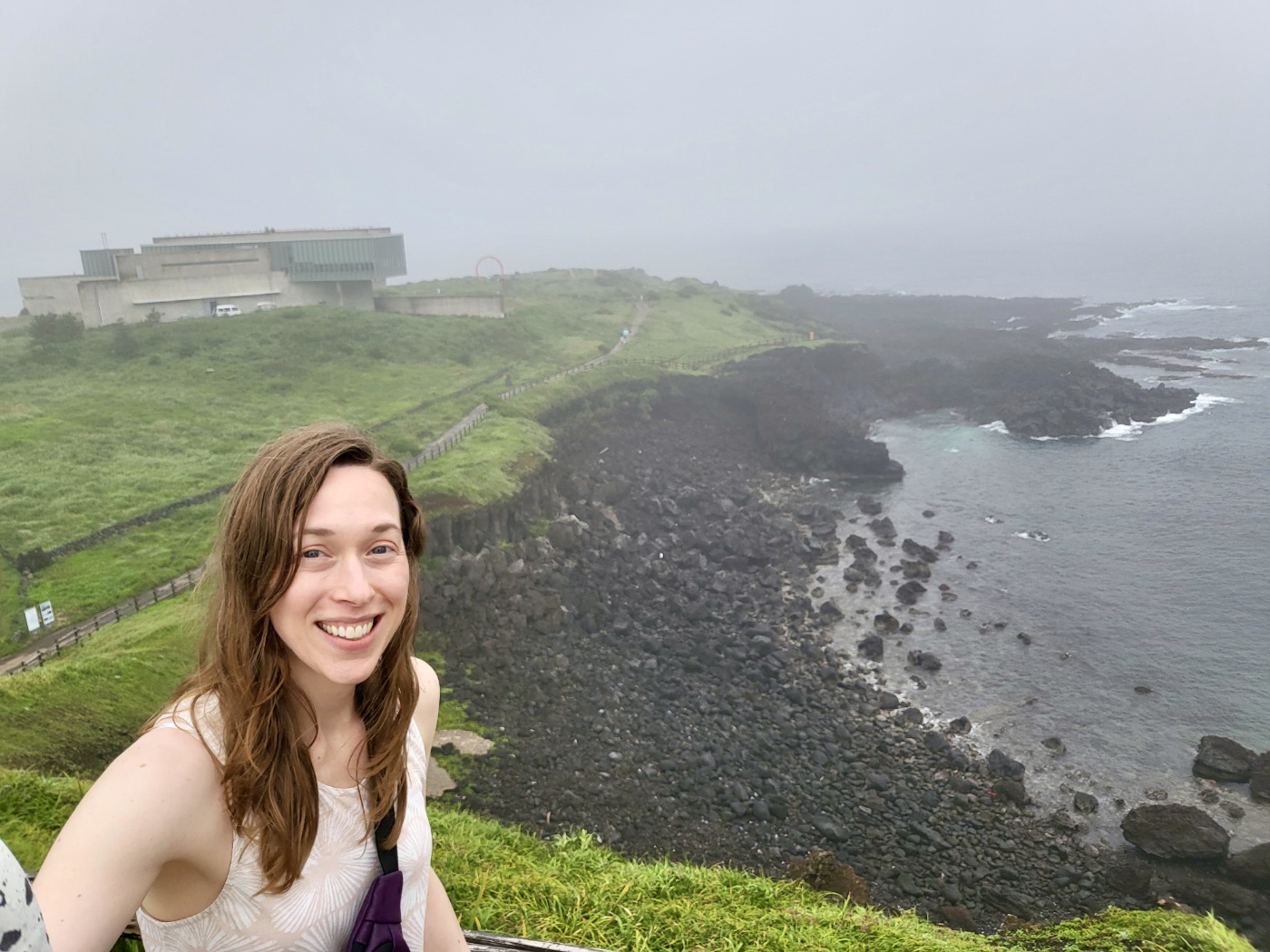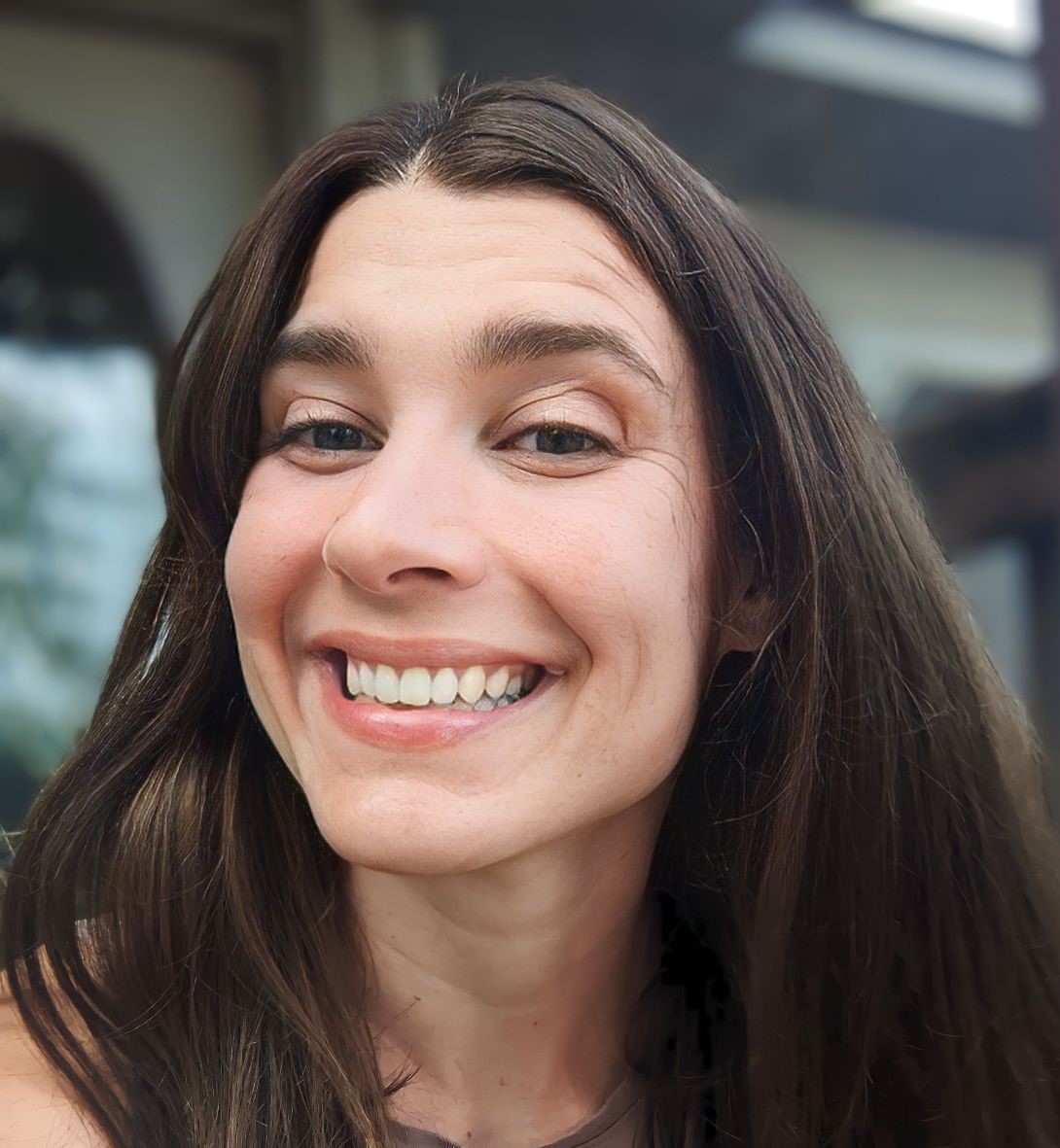Dylan, Cohen, and Cash wail melodies against the night sky,
sound waves amplified by these four walls
on which your own story is written in love and loss.
There’s something about the way you find hope
without hoping,
solace without soliciting, meaning without divining.
Just being here feels like salvation.
You’re not indifferent to this life you live
with its silver carpets, holly and honeysuckle-lined streets,
peeling birch and towering oak trees.
Just look at the azure sky, brandishing jewels on this golden
November day
where, together, we walk the crystal coastline,
press our feet into cool shallows,
steady our gaze upon an ocean that stretches beyond
the gold horizon.
In your backyard, grapefruit, lime and persimmon trees
sway with last season’s sweetness.
There are a thousand names for reinvention—
beauty begetting beauty, awakening from winter’s blight.
Today, you gather fresh mustard greens, cilantro,
blend hot chilies into chutney, simmer curry on the
stovetop.
We are so much more than what we make,
more than this returning bounty,
more than these cycles of giving and dying,
more than this hillside where you lead me
to show me the glowing city.
You could have all this, you say, tiny worlds
dancing at our feet,
dust and shadow parting ways for the starlight in our eyes.
You could make another life out here, but you know,
you can’t escape the hurt.
Even what’s lost can find you. It can buoy you
or it can drown you.
Keep close the memory of all who’ve gone before you.
Press your heart against the jagged edges of your pain
and bleed a bittersweet offering.
Savor the good, the unfiltered, the unholy potion,
ripened beneath an enchanted sun.
Believe in everything that brought you here,
while trusting nothing that promises you forever.
The world withers, you say.
Everything, someday, goes away.
But even then, even at the very end,
we’ll still be standing here.
Somewhere at the edge of the world.

Christen Lee is a family nurse practitioner in Cleveland, Ohio. Her writing has been featured in Rue Scribe, The Write Launch, Aurora, Humans of the World, Sad Girls Club, 2022 New Generation Beats Anthology, Wingless Dreamer, The Voices of Real 7 Compilation, Ariel Chart, The Elevation Review, and Moot Point among others.
Please note: Poetry is compressed to fit smart phone screens. If you are reading this poem on a phone screen, please turn your screen sideways to make sure that you are seeing correct line breaks for this poem.







